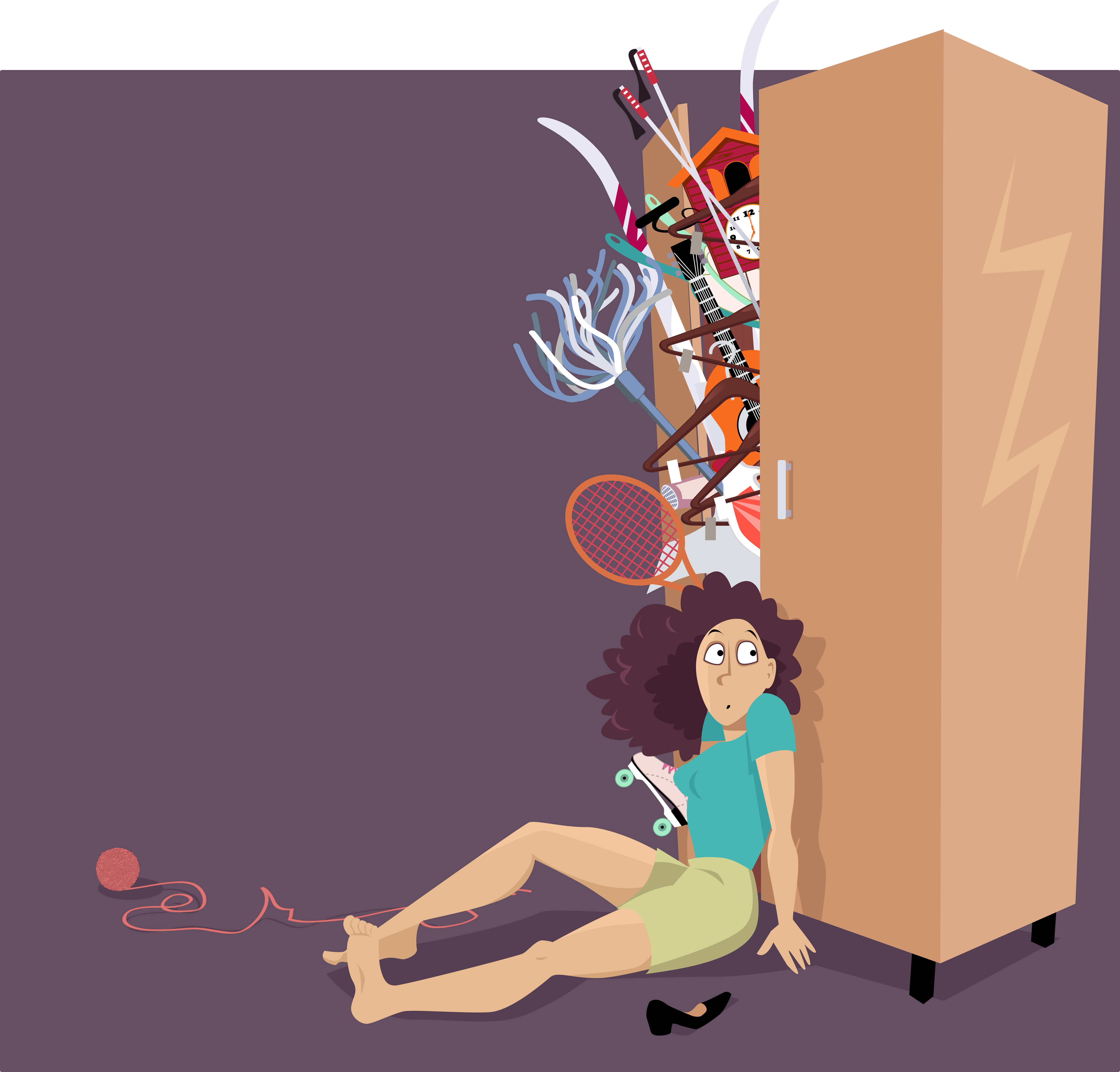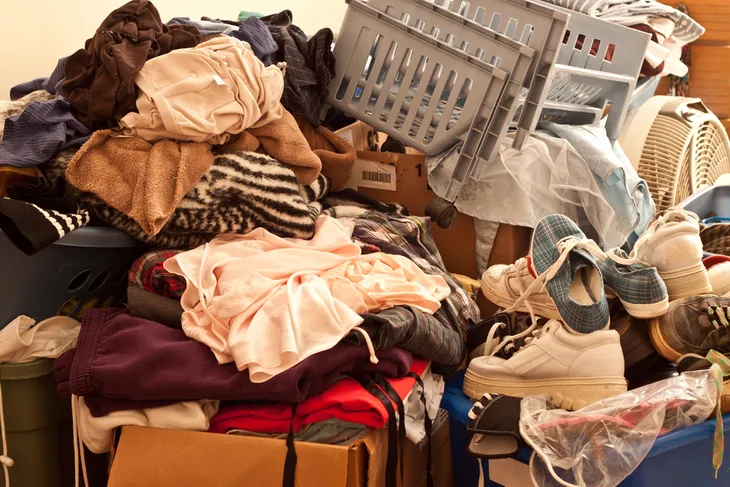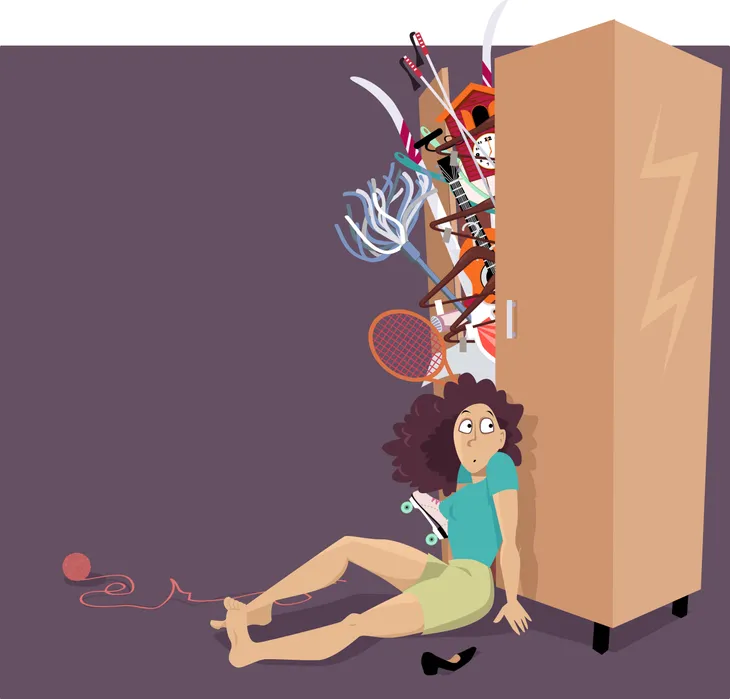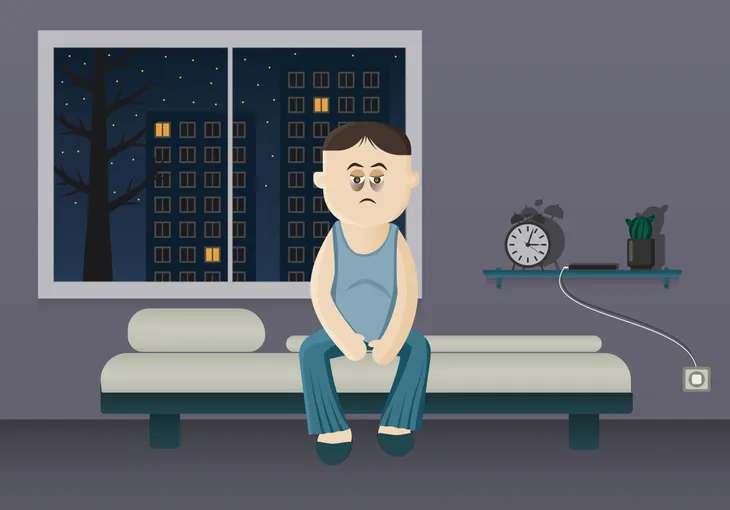Hoarding is the compulsive collection of possessions accompanied by difficulty parting with them. This behavior can negatively impact many areas of a person’s life causing serious physical, social, emotional, financial, and legal problems. These collected items can include objects such as newspapers, food, clothing, boxes, photographs, plastic bags, household supplies, magazines and animals.
Let’s take a closer look at the reality of hoarding…
Hoarding Statistics
Hoarding affects an estimated 2- to 6-percent of the population. It is estimated than 40-percent of object hoarders also hoard animals. In the United States 3,500 animal hoarders are reported yearly, affecting at least 250,000 animals.
It is estimated that more than 80-percent of animal hoarders have diseased or dead animals on their properties. Approximately 70-percent of hoarders are women, who are single, divorced, widowed, or have suffered emotional trauma in their lives. Unless a hoarder receives treatment they have a very high chance of relapsing.
Hoarding Symptoms
Symptoms of hoarding include severe distress when they or someone else discards or attempts to discard an item. Patients also experience difficulty organizing possessions and are indecisive, overwhelmed and embarrassed about their collection. They distrust others who try to help.
Obsessive compulsive thoughts plague them in regards to their possessions. They are afraid of needing the item in the future. Other symptoms include cluttered living areas with possessions sometimes piled floor to ceiling, social and marital problems, health hazards and financial problems.
The Main Reasons People Hoard
The cause of hoarding is unknown, but risk factors include having a relative with the disorder, and certain types of brain injuries. Hoarding is associated with depression, hyperactivity, and obsessive compulsive disorder. In a few cases it may be related to an eating disorder such as pica (eating non-food stuffs) or psychosis.
Hoarders often have endured emotional trauma in their lives, such as abuse, divorce, or the death of a loved one. Animal hoarders typically substitute the perceived love of the animal for the intimacy of actual human relationships.
Effect on Quality of Life
People who hoard often live in hazardous conditions. Their homes are cluttered and filthy, presenting both a fire and disease hazard.
Animal hoarders have the added danger of sick or dead animals which can spread disease to them. Hoarding causes anger and resentment in family members and can adversely affect the growth and emotional development of children.
Hoarding vs. Collecting
Collectors are usually well organized and have a sense of pride and joy associated with their possessions. They tend to budget carefully and don’t overextend themselves.
In contrast, hoarders tend to be embarrassed about their hoarding, are disorganized , indecisive and try to hide their possessions from others. They are secretive and feel sad, discouraged and overwhelmed. They’re often in debt and feel sad after acquiring more items.
Animal Hoarders
Cats, dogs, and horses are animals typically collected by hoarders. They take in or “rescue” these unwanted, unloved animals with the best of intentions. Hoarding gives these people the feeling that they are important and loved.
Hoarders often become emotionally attached to the animals and don’t believe anyone else can love them as much. This makes it difficult for them to adopt the animals out, despite the fact that due to overcrowding they can no longer provide the basic necessities of life.
Hoarding Health Risks
Hoarders often neglect their own health, and often spend all their time, energy and money on hoarding or caring for their animals. They are often sleep deprived due to feeling overwhelmed by the great responsibility of caring for all the animals they have collected.
Hoarders can also suffer from animal-borne diseases, fleas, ticks and the problems associated with ammonia inhalation. The animals are stressed, malnourished, and living in filthy, overcrowded conditions resulting in disease and death.
Hoarding Intervention
The most effective treatment for hoarders is intensive cognitive behavioral therapy (or CBT). People with hoarding problems have been successfully treated. Treatment for animal hoarders involves help from family and friends.
They will also need intervention by animal control officials who will apprehend distressed animals and make it more difficult for the hoarder to rescue or adopt in the future. Animal hoarders need to learn to replace their animals with caring human relationships. This can only be accomplished by the support of family and friends and with the help of a skilled therapist.











